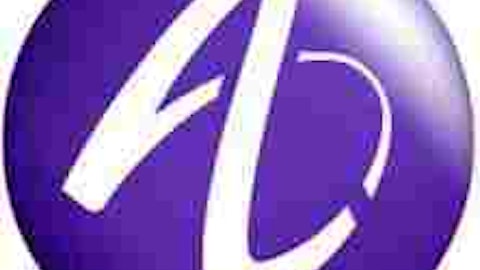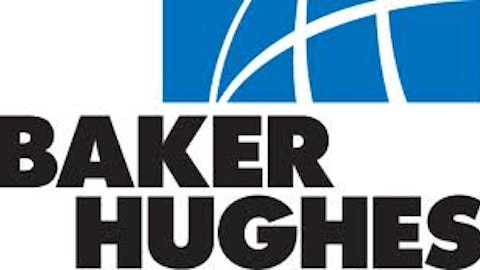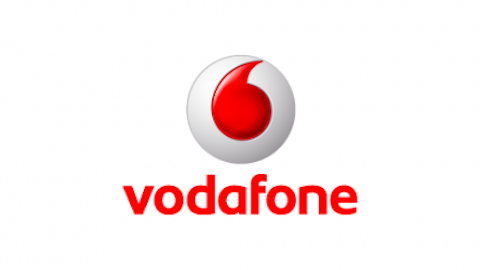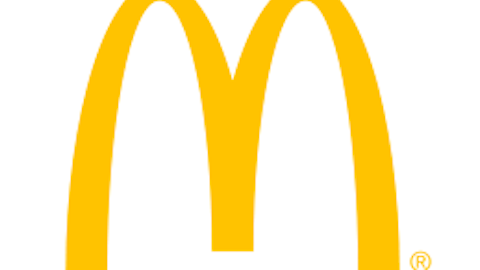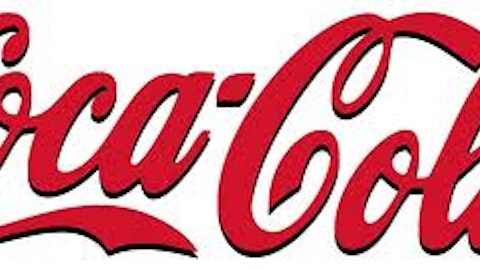Exchange-traded funds offer a convenient way to invest in sectors or niches that interest you. If you’d like to add some global giants stocks to your portfolio, the iShares S&P Global 100 Index ETF could save you a lot of trouble. Instead of trying to figure out which companies will perform best, you can use this ETF to invest in lots of them simultaneously.
The basics
ETFs often sport lower expense ratios than their mutual fund cousins. The iShares ETF’s expense ratio — its annual fee — is a relatively low 0.40%. It recently yielded 2.7%.
This ETF has performed rather well, beating the world market over the past five and 10 years. As with most investments, of course, we can’t expect outstanding performances in every quarter or year. Investors with conviction need to wait for their holdings to deliver.
With a low turnover rate of 4%, this fund isn’t frantically and frequently rejiggering its holdings, as many funds do.
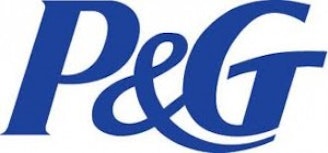
Large companies can add some ballast to your collection. Many may not grow as briskly as their smaller counterparts, but in order to reach their current size, they likely have some strong assets and features. And some can also grow quite briskly, often while paying sizable dividends (that also grow over time).
More than a handful of global giants had strong performances over the past year. The Procter & Gamble Company (NYSE:PG), for example, surged 19%, and yields 2.9%. Many love it for its immense brand power and its plans to cut costs by $10 billion are impressive as well. Still, the company is growing slowly, and it does carry a lot of debt. My colleague Rich Smith doesn’t like its stock buyback plans, either.
Philip Morris International Inc. (NYSE:PM) gained 17% as it profits from a growing global middle class that’s more able to spend money on cigarettes. It sports an attractive 3.6% dividend yield, and has also been spending massive sums on stock buybacks — tens of billions of dollars. The company has smart management, but it’s also likely facing increased regulations and taxes on tobacco.
Other companies didn’t do as well last year, but could see their fortunes change in the coming years. U.K.-based telecom giant Vodafone Group Plc (ADR) (NASDAQ:VOD) shed 3% and recently yielded 4.1%. It has bulls excited about its Smart II low-cost, mass-market smartphone, and its entry into the promising mobile payments market. It also recently signed a deal to provide mobile service in 30 nations. The company is huge, with more than 400 million customers, and its 45% interest in Verizon Wireless is a big plus, generating billions in cash (though there’s talk that Verizon might buy that back).
BP plc (ADR) (NYSE:BP) dropped 7% and yields 5.2%. The price that BP will ultimately pay for the Deepwater debacle is finally clearer, with the company paying $4 billion in criminal penalties. But its ultimate civil costs remain unclear. Its recently reported quarter featured profits down 19%, largely because of lower production due to asset sales. Some see the stock as attractive now, but its future still holds some questions and carries significant debt.
The big picture
A well-chosen ETF can grant you instant diversification across any industry or group of companies — and make investing in and profiting from it that much easier.
The article The Easy Path to Dividend-Rich Global Giants originally appeared on Fool.com and is written by Selena Maranjian.
Longtime Fool contributor Selena Maranjian, whom you can follow on Twitter, owns shares of Procter & Gamble. The Motley Fool recommends Procter & Gamble and Vodafone, and owns shares of Philip Morris International.
Copyright © 1995 – 2013 The Motley Fool, LLC. All rights reserved. The Motley Fool has a disclosure policy.
